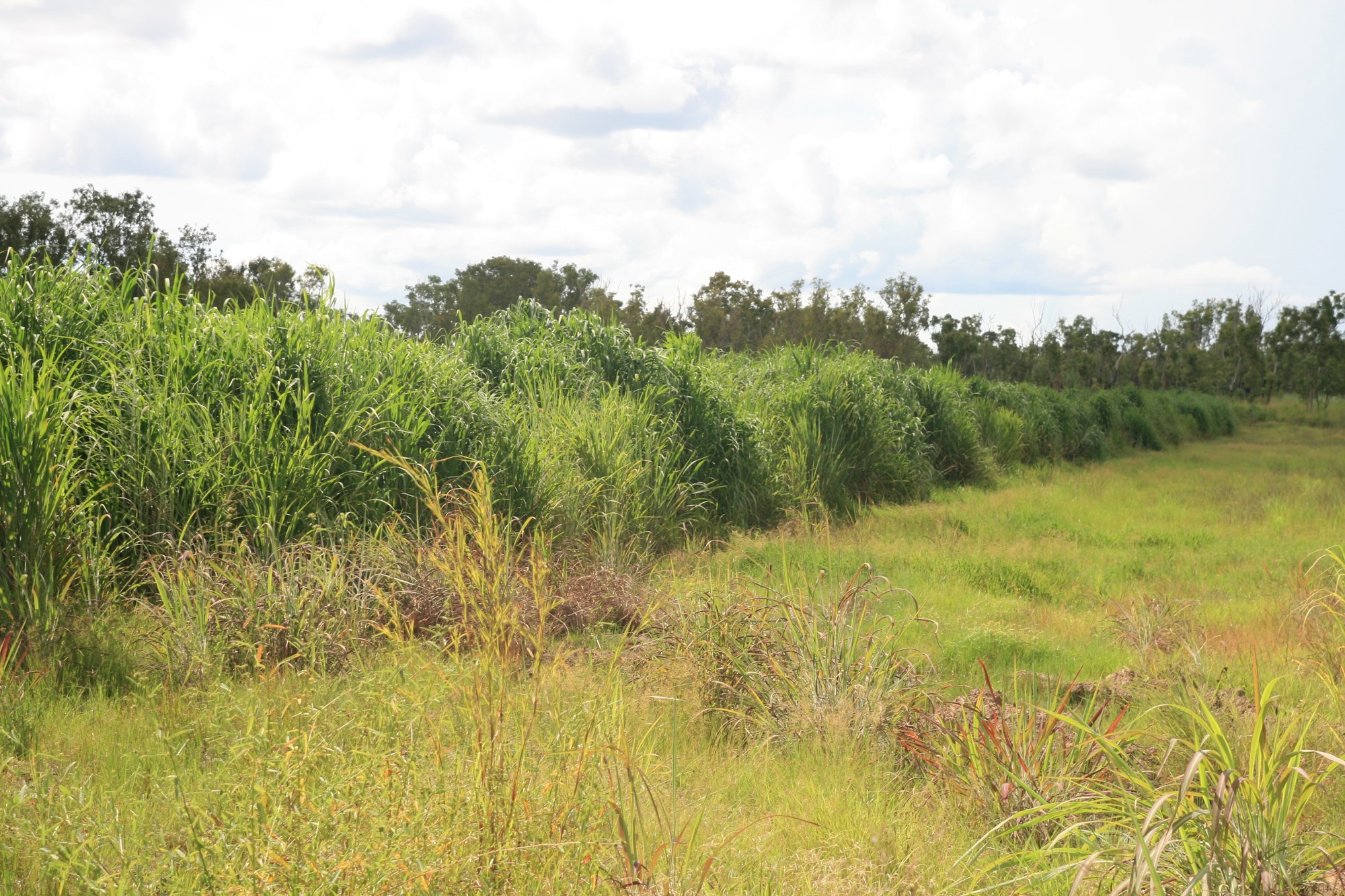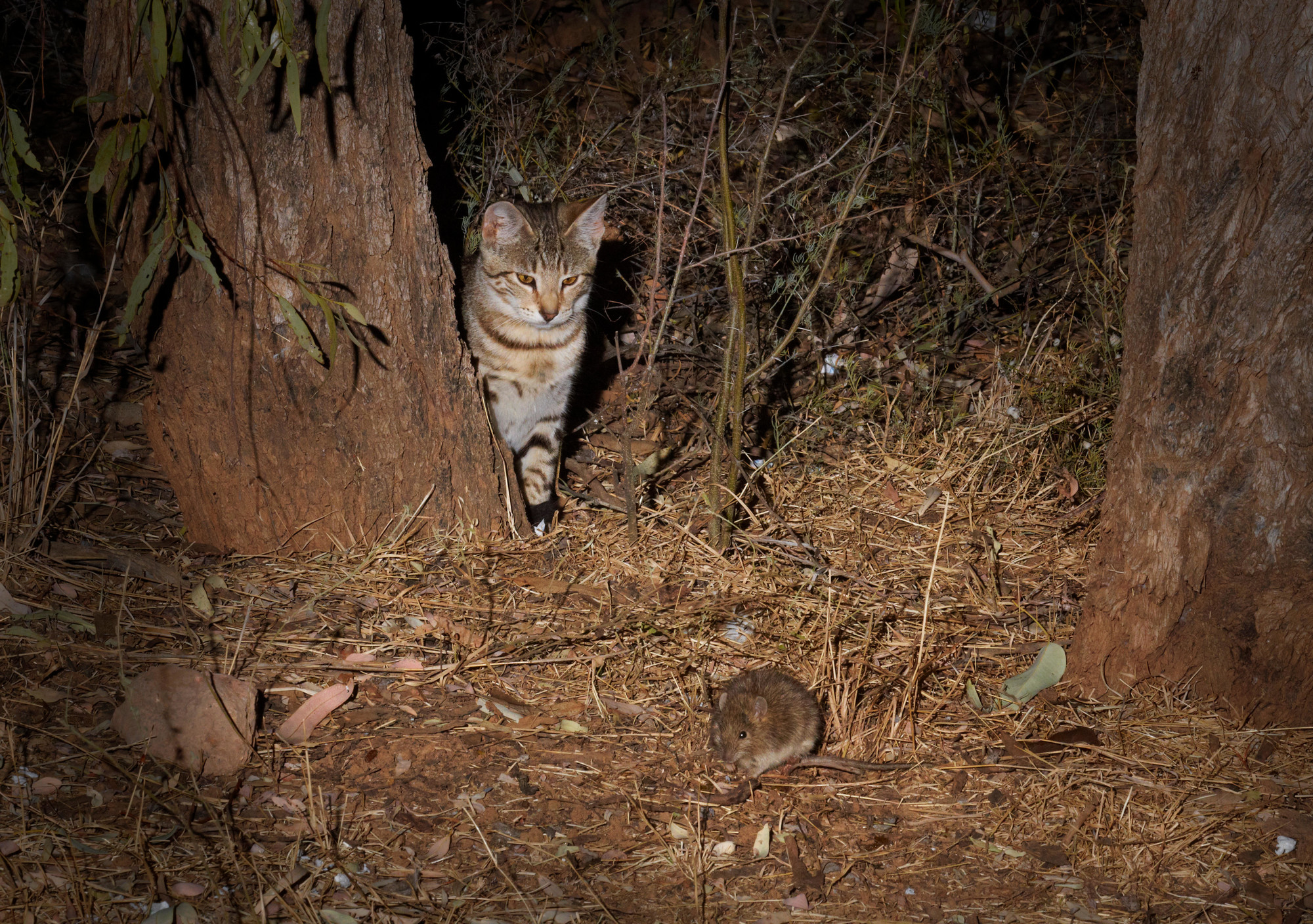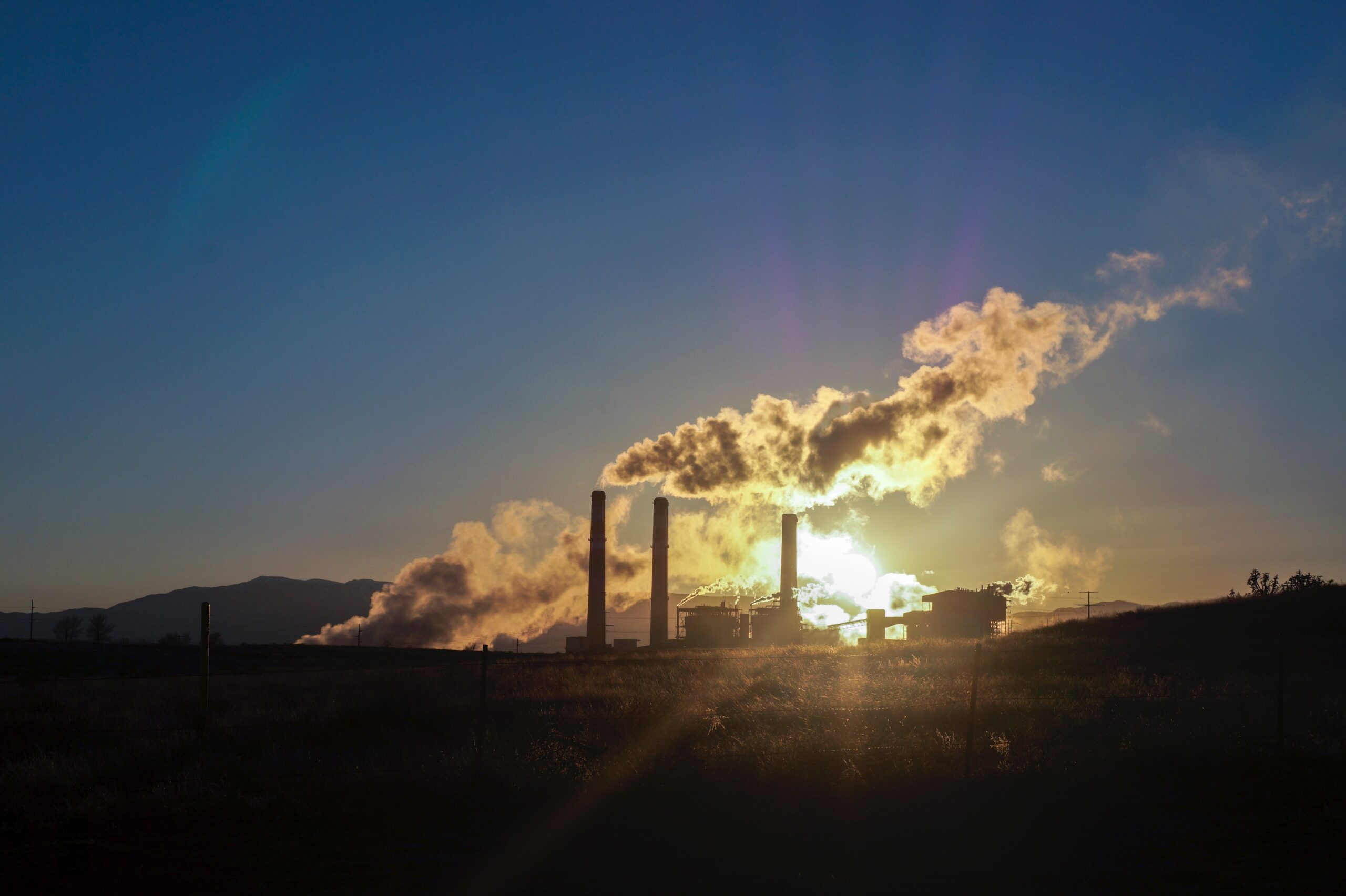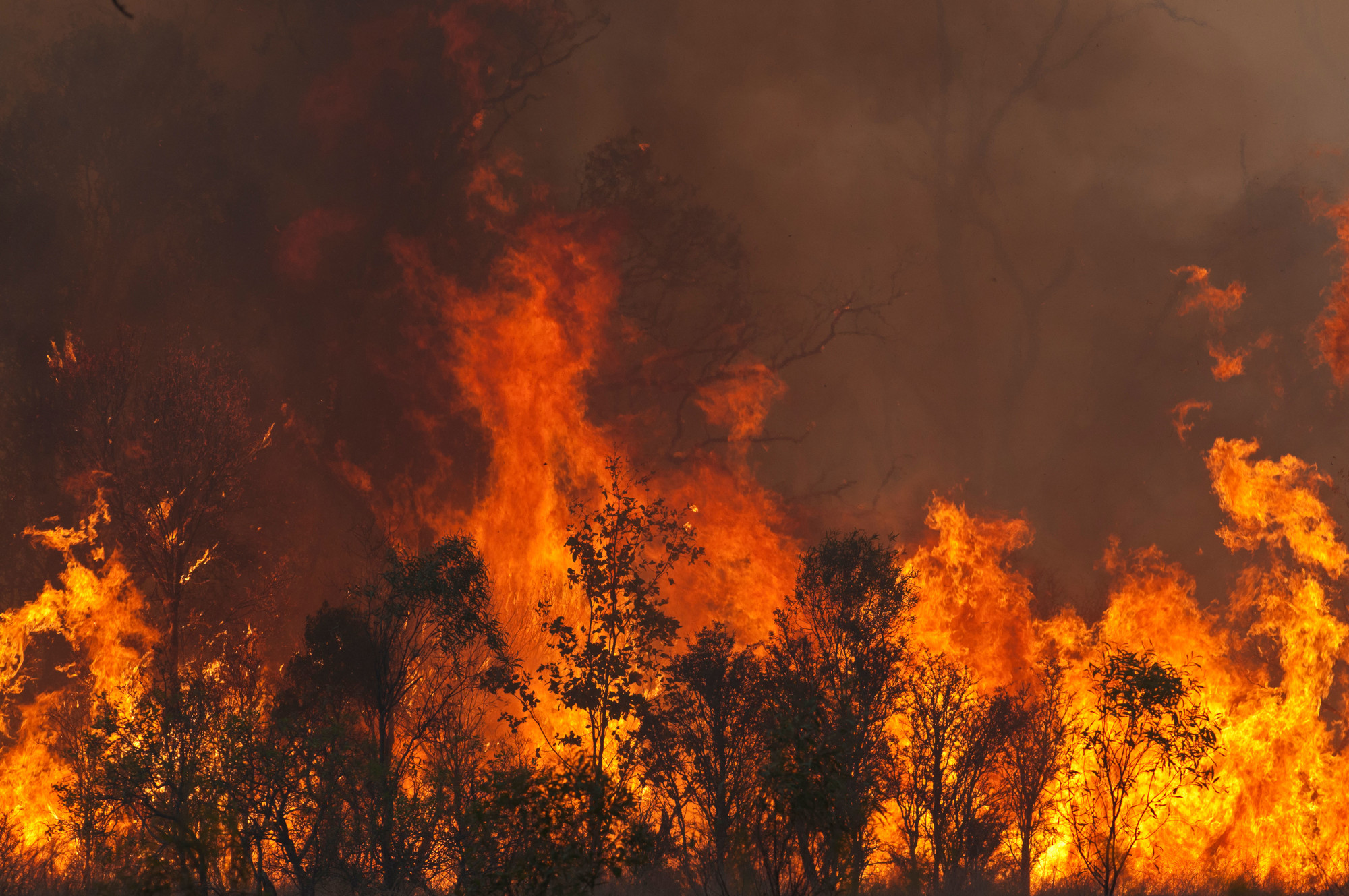Threats
Across Australia, thousands of people are working to help battle the threats to our land. Scientists, farmers, conservationists, and volunteers are working together to ensure our threatened species flourish into the future.
But they can’t do it alone – we need these networks to grow to ensure the future of threatened species across Australia.
As an island continent, Australia has some of the most unique species in the world – although since European settlement, around 100 of these have become extinct.
Taking action to protect threatened species on our land involves more than just leaving an area to become wild – for native wildlife to flourish, we need to manage the land actively. Fencing, deterring feral animals, dealing with weeds, and managing fire and flood over huge areas are all significant challenges.



Climate Change
Climate change is one of the most pressing challenges facing our planet, but there remains cause for hope. In the wake of COP-26, there is growing recognition of the role that nature will play in solutions including the work of private land conservation.
Landscape-scale conservation plays an important role in carbon sequestration as well as in supporting biodiversity.
Join the movement

